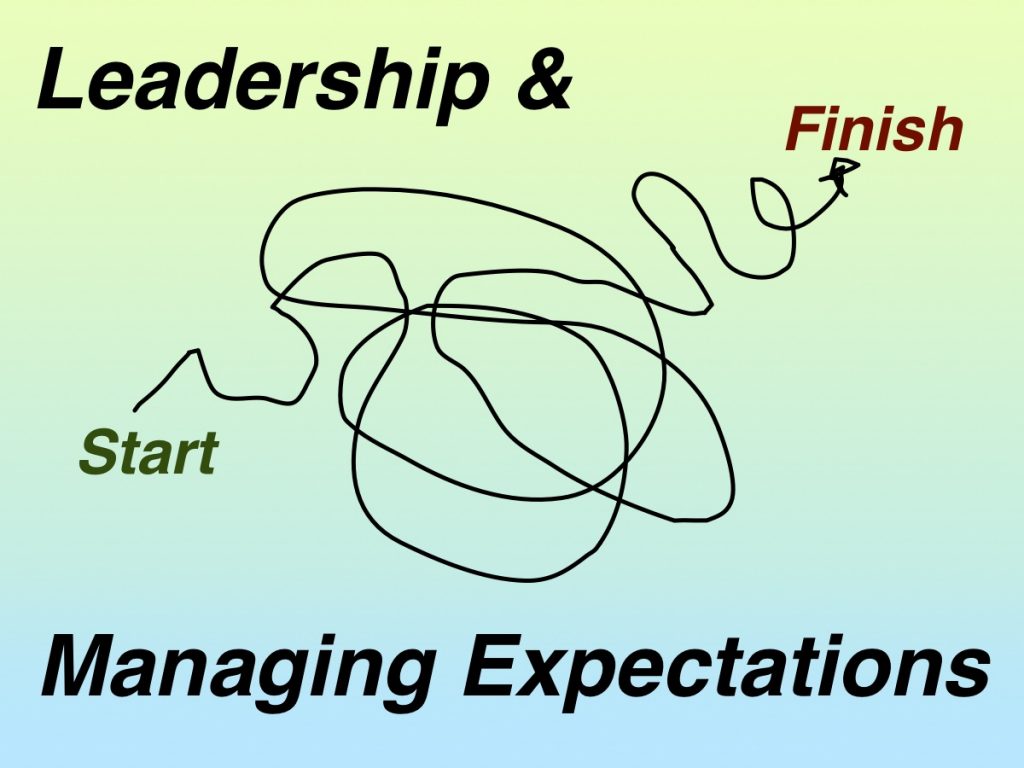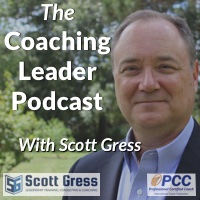
Have you ever been surprised at the push back you’ve received from your team or your key volunteers? Perhaps they were slow to even get started and maybe slow walked the task. Maybe you overheard some rumblings about how they weren’t sold on it or didn’t like it. Maybe they even made some comments to you as the leader like, “are you sure this is a good idea?” or even, “I really don’t like what we’re doing.” Yet you didn’t take the hint. You were so convinced that you just pushed right through. Then afterward you were frustrated because something went wrong but you just couldn’t put your finger on it.
Of course there is always the opposite problem, where you as the leader cause everything to grind to a halt because someone was a bit squeamish about the project. You wanted everyone to be happy and comfortable. That can be a problem too. Nothing would ever get done if you put the brakes on everything that came up.
But no matter your reaction to people as the leader, one thing was similar in each of the above scenarios. Among other things, expectations weren’t managed.
Leadership has been defined as “working with and through others to obtain organizational objectives” - Paul Hersey. And, “leadership is a process whereby an individual influences a group of individuals to achieve a common goal.” Leadership Theory and Practice, by Northouse.
In other words, leadership is a team sport. It is not the leader making the call and the followers immediately carrying out the tasks. The leader is not a puppet-master controlling people like puppets. It is a dance of coordinated effort where there is mutual understanding and respect. One advocates for and supports the other. Each a thinking partner advancing the objectives or common goal.
But one part that is often overlooked is managing expectations. Too often the designated leader just assumes that their job is to “tell” and the followers’ job is to listen and obey. The result is that these dance partners don’t just step on each another’s feet, they stumble and fall.
So how do you manage expectations?
It begins with a clear understanding of self and managing self. This involves knowing your strengths and weaknesses as well as how you communicate, including your positive and negative habits. But instead of giving in to these tendencies, you recognize and work at them to be better.
It’s all about communication. Yet not one way but two way communication. A dialogue, not a monologue. Together, team, volunteers and other stakeholders get clear about mission, outcomes and goals. Then together they design a mutually agreed upon strategy and tactics. As the process builds, energy and enthusiasm and motivation builds. Then as the action steps are undertaken, people are also clear about their role, their contribution and how - what they do advances the project and actually makes a difference. They know what is expected of themselves, their team and the desired outcome. There are no ambiguities to allow for false expectations or assumptions that can take them or the team or the project off track. Such as: confusion, time wasting, inefficiency, conflict and disengagement or not even showing up.
Once such dialogue is complete, this is not the time for the leader to pull back and go on to the next thing, or hide out in their office, but they keep in touch. It may look like caring for the team, it may sound like, “how are you and how is the task? What do you need? How can I best support you? Thank you for your hard work. What you are doing is not going unnoticed.” It probably also sounds like you are repeating what is unnecessary, like, “I appreciate how what you do will help all of us accomplish BLANK to achieve our ultimate goal of BLANK.”
It may seem unnecessary because you might think it is obvious. You might think you are insulting them with such basic truths. But we all need help connecting the dots some times. In the weariness of a task it’s possible to lose the “forest from the trees.” So when someone comes along and says it so clearly and cleanly…it blows all the fog away and reignites that motivation and drive to get to the finish line.
This is leadership. The process of working together to accomplish a goal. It is a group process that forges agreed upon objectives and the action steps to get to a common goal. But it is also avoiding assumptions. So it is helping everyone be clear about not only that outcome but how they fit into and contribute to that outcome.
Reach out to me if you want to talk further about yourself, your team and your leadership and managing expectations.
Rev. Scott Gress is believes in Growing People for Ministry by focussing on leadership, discipleship and teamwork. Contact Scott if you are interested in him working with you or your church. A free 30 minutes sample session is available to explore how you might work best together. The Coaching Leader Podcast is also available on iTunes and his YouTube page. You can contact Scott through email scottgress@me.com or his blog page scottgress.com or at 561-542-4472
"Growing People for Ministry" Leadership + Discipleship + Teamwork
Check out the: Coaching Leader Podcast!

